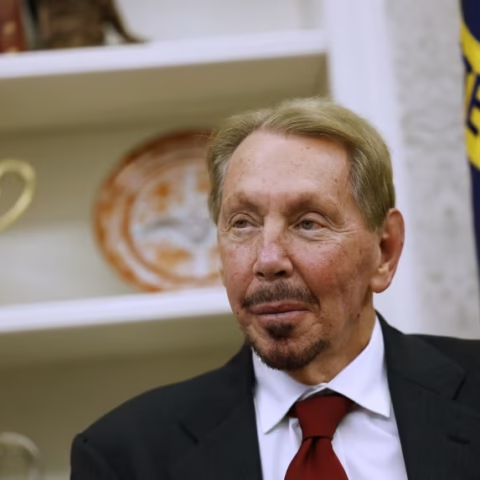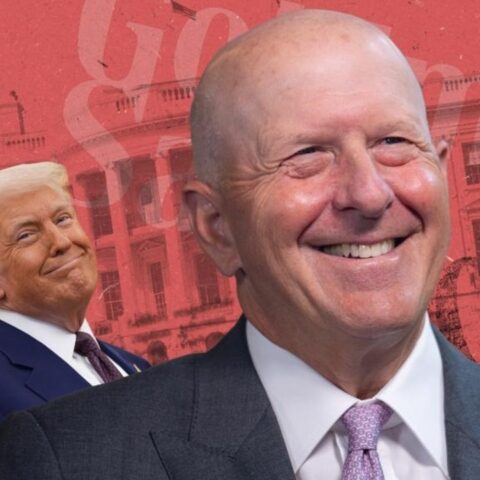Taiwan’s president-elect, Lai Ching-te, is set to face a challenging four years in office as he lacks a parliamentary majority, contends with an opposition pushing for the resumption of a contentious service trade deal with China, and navigates the persistent threat of military action from Beijing.
Comfortable Victory but Parliamentary Setback:
While Lai secured a comfortable victory in the presidential election, winning by a significant margin, his party, the Democratic Progressive Party (DPP), lost control of the parliament.
This shift in the balance of power leaves Lai dependent on the opposition for passing legislation and budget approvals.
China swiftly reacted to the election outcome, emphasizing that most voters did not support Lai. The Taiwan Affairs Office stated that the DPP “cannot represent the mainstream public opinion.”
Still, it refrained from directly naming Lai, in contrast to previous labeling of him as a dangerous separatist during the election campaign.
Concerns of Legislative Challenges:
Analysts express concerns that opposition lawmakers, holding a parliamentary majority, may intensify exchanges with China and advocate restarting a controversial service trade pact that Taiwan shelved ten years ago.
The potential pressure from local governments and parliament on the central government is an area of apprehension.
Opposition Parties’ Position on Trade Services Pact:
The largest opposition party, Kuomintang (KMT), and the Taiwan People’s Party (TPP) campaigned to restart the trade services pact.
While their collaboration in parliament remains uncertain, the TPP’s chairman, Ko Wen-je, hinted at playing the role of a “critical minority.”
China has rejected Lai’s calls for talks and consistently opposes Taiwan’s sovereignty claims. Lai and the DPP emphasize that only Taiwan’s people can decide their future, rejecting Beijing’s authority over the island.
China’s Assertive Stance and Potential Tensions:
As its swift comments and military drills indicate, China’s assertive stance on Taiwan’s political landscape suggests ongoing tensions.
Analysts note that while a military confrontation is not expected in the short term, China’s approach may challenge President-Elect Lai, making the situation tense.
China’s Eastern Theatre Command, which is responsible for the Taiwan area, showcased missile boats in live-fire drills on its WeChat account. While it did not specify the location, the display may signal continued military readiness. China’s military has yet to comment directly on the election results.




















